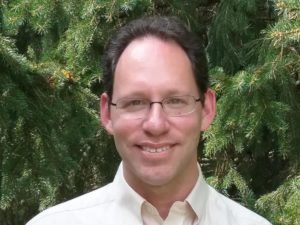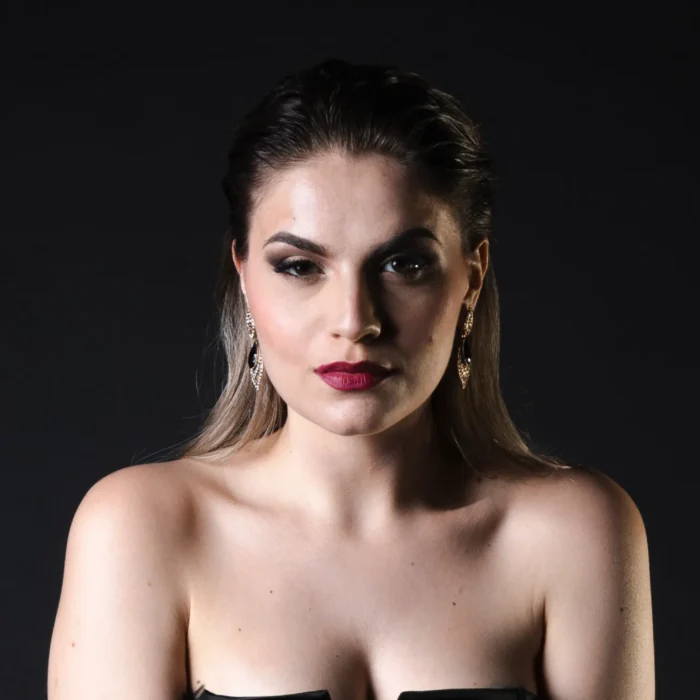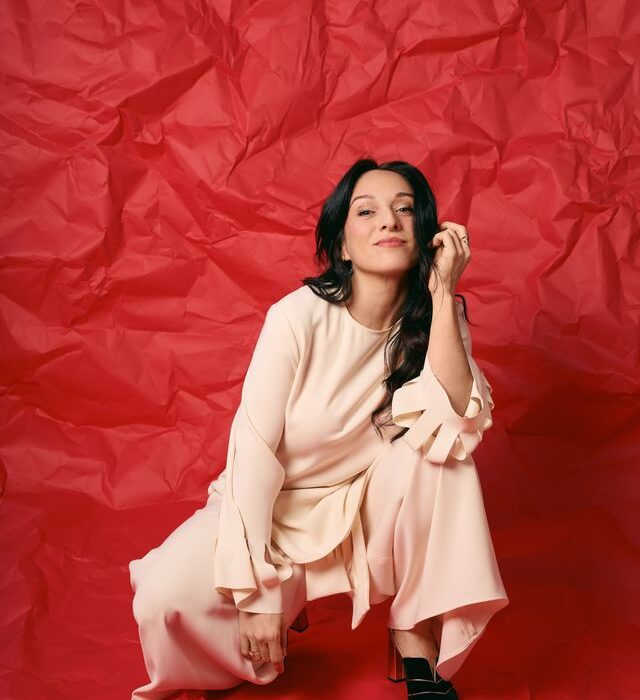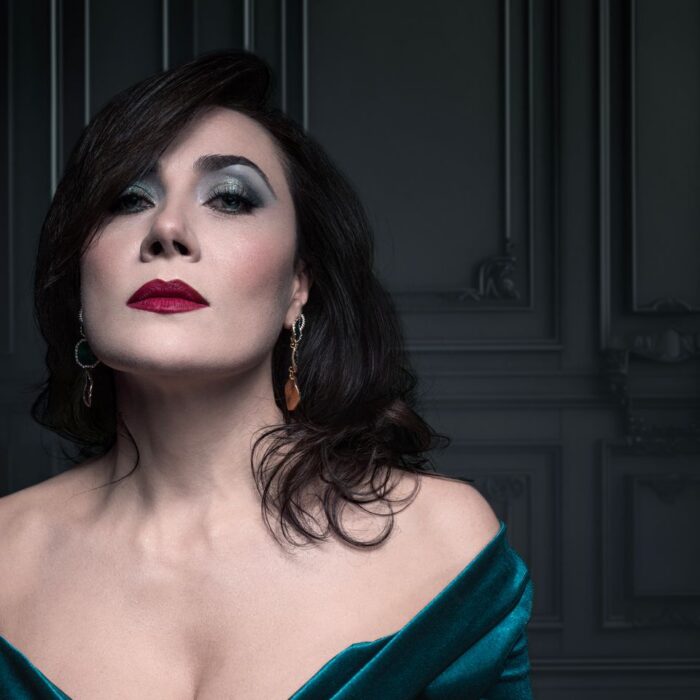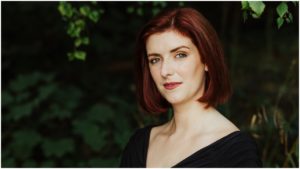
Vocal Health – ‘Vocology Ireland’ Founder Eimear McCarthy Luddy on Providing a Major Resource for Artists
By Greg Waxberg(Credit: Lucy Nuzum Photography)
Eimear McCarthy Luddy has the admirable, but lofty, goal of becoming a major resource about vocal health and voice science for singers based in Ireland, where these resources are scarce.
The Dublin-based mezzo-soprano and founder of Vocology Ireland told OperaWire, “I don’t want singers to feel alone or to feel like they have done something wrong.”
Where did her interest in vocal health and voice science come from? Her first experience attending an opera, “La Bohème” at the Welsh National Opera at age 21, after having listened to operas as a Music major at the University of Birmingham, UK.
“I was fascinated by how these singers were unamplified yet heard with perfect clarity throughout the theatre. How were we born with the same bodies, and yet they were able to create this extraordinary sound,” she noted.
To try to get artistic and scientific answers, she would learn how to do it, so McCarthy Luddy majored in Vocal Performance her final year and continued to study opera.
“I would sing my arias over the orchestra, unamplified, and still wonder how I did it,” McCarthy Luddy explained.
During her studies, McCarthy Luddy heard numerous opinions from fellow singers and teachers about how singers should maintain healthy voices, and about what did and did not constitute “healthy” singing.
“It was so common to see singers grasping for answers to questions they were afraid to ask. It felt like the mystery of ‘what our voices are actually doing’ was being championed as a necessary part of being a good singer,” she observed.
Why would that be the case?
“A common concern I hear from those dubious about the relevance of voice science is that too much knowledge about what we’re doing might result in ‘paralysis by analysis.’ I understand that concern, and I think it is absolutely valid if we can’t present the knowledge in a way that allows our students to absorb it. However, I think if we can make it accessible and practically applicable, it would mean we equip our students with a more efficient toolkit as well as basic vocal health knowledge.”
At the Royal Irish Academy of Music, where she pursued a Master’s in Music Performance (Voice), McCarthy Luddy decided to conduct her dissertation research in one area—thus, her focus on vocal health and singing voice rehabilitation began about five years ago.
“Understanding how to maintain our vocal health was not part of any curriculum I could find in any Irish conservatoire, so I decided to investigate what other countries were doing and how we might learn from them.”
Working on her dissertation revealed the challenge in Ireland of finding any resources on vocal health (she speculates that the dearth is due to the country’s smaller population and lack of government funding for the arts), so she attended courses and conferences in the U.K. and U.S. McCarthy Luddy later received a Certificate in Vocology from the National Center for Voice and Speech headquartered at The University of Utah—the first native of Ireland to do so.
Voice Science
So, how does she define “voice science” (vocology) and its relationship to “vocal health?” The science encompasses the functioning of the larynx, breathing system, brain, and ears; the physics of sound; how people learn; and how to maximize the voice’s potential.
“When I talk about ‘vocal health,’ I see it as an application of what we’ve learned from voice science. If you take sport science as an example: athletes and coaches can develop a greater understanding of how their bodies work and apply what they’ve learned as a result of scientific research. It is the same with ‘vocal athletes’—what we do is an athletic activity, and there is so much to be learned from the field of voice science,” McCarthy Luddy said.
Ironically, given her interest in the field, McCarthy Luddy was surprised to learn that many ideas about the voice still dominate the industry even though recent research has proven them to be inaccurate, “from relatively harmless ideas such as caffeine dehydrating the vocal folds, to more problematic ideas such as classical technique being the only healthy way to sing. It’s time we evolve our thinking. But at the same time, science does not hold all the answers—it is there to ask questions and explore. It is not there to overthrow hundreds of years of artistic experience. Art informs science, science informs art, and as teachers, I believe we occupy that middle ground, facilitating this challenging conversation.”
McCarthy Luddy’s interest in singing voice rehabilitation stems from her own experience with voice issues. “It was incredibly difficult to find healthcare in my country. No one talks about these problems in Ireland, and there is no official referral pathway in most conservatories, so the only way to find the right doctor is if you know someone else who has seen them. For many years, Irish singers have had to fly to the U.K. to get help. This can be such an alienating experience and only reinforces the culture of shame and silence around voice injuries.”
On the subject of doctors: throughout her journey, McCarthy Luddy has been learning from medical and speech therapy experts. In Dublin, and with permission from clients, she has observed their appointments with ENTs (Ear, Nose, Throat specialists), Speech Language Therapists, and vocal massage therapists.
“This was particularly helpful when going through the journey of diagnosis and treatment with one of my singing voice rehabilitation clients, who allowed me to attend all of their separate appointments so that we could create a voice care team.” She also observed a voice clinic in London and is grateful for the time they spent with her.
For her own work with singers, she teaches singing at her private studio in Dublin and online and presents seminars on vocal health (online during the pandemic) that cover strategies for maintaining it, how to identify vocal problems, and where to go for help.
“An important part of my seminars is to ensure that my students feel empowered to act as their own advocate in their health journey, particularly in Ireland,” added McCarthy Luddy.
Her efforts are paying off. Singers she has worked with report more confidence in maintaining vocal health throughout their rehearsal and performance time in opera productions. When asked how her efforts could benefit opera companies directly, McCarthy Luddy suggests that opera companies have staff members who understand vocal health, which might lead to schedule and policy decisions that improve singers’ health. “The industry needs to accept the reality that vocal athletes are not invincible . . . and that voice injuries are a normal part of a performer’s life.”
